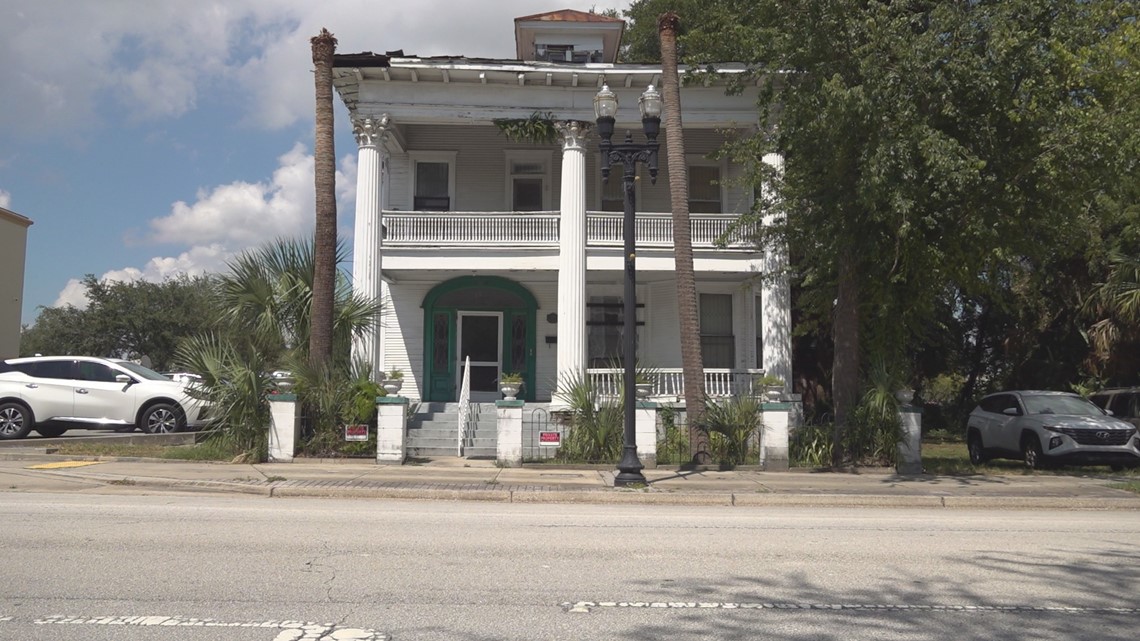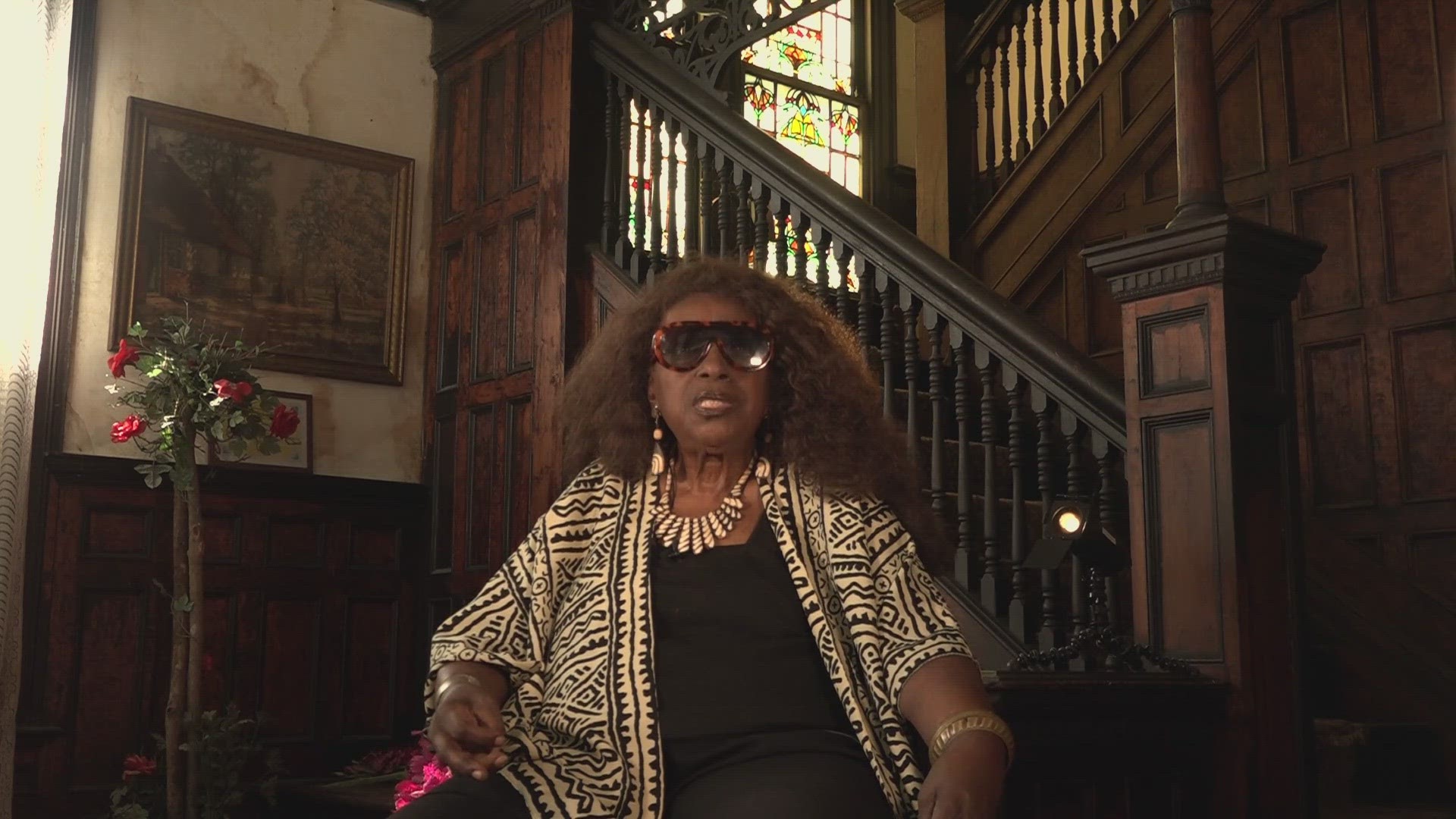JACKSONVILLE, Fla. — Take a drive through the historic LaVilla neighborhood of Jacksonville and you'll notice something missing from most neighborhoods... homes.
Today, LaVilla is made up of dirt lots and old buildings that were once the lifeblood of a vibrant, diverse community. City leaders leveled LaVilla in the 1990s in the name of urban renewal and took much of the land through eminent domain. The move in turn, forced out home and business owners.
Except one woman, with deep roots in LaVilla. Padrica Mendez was born in the late-1930s and still lives in her home on West Monroe Street.


“I was hurt when they cut down our big sycamore trees that lined Monroe Street, forming a canopy over the street," Mendez said. "And the street was red brick, it was beautiful. It was like a sanctuary. There was an apartment house a few doors down. I have not seen an apartment house that pretty. Torn down, no respect, maybe it’s just not knowing?”
The economic strains of the 1970s and the drug epidemics in the 80s were followed by urban renewal efforts in the 90s. Mendez resisted buyout offers from the city and got her home designated as a historic landmark by the city's historic preservation commission.
“This is the only one that survived and thankfully, Ms. Mendez had the temerity to want to stay here despite the city’s best urging to move away," author and historian, Dr. Wayne Wood said. "She is still a pioneer and being the last home in this once thriving neighborhood of LaVilla.”
In the 1970s, Wood was president of the Jacksonville Historic Preservation Commission and presented Mendez with a plaque.
“She was one of those that received one of these plaques as being an outstanding architectural example of what old Jacksonville looked like," Wood said.
But, old Jacksonville needs help if it wants to survive.
“Well, if it's not restored, we know we’ll lose it finally because it will begin to deteriorate more," Mendez said.
Mendez has applied for grants to restore the home but, isn’t sure she’ll get the money. Her hope is to turn her home into a museum where people can learn about her family. Mendez was born to Jamie and Pedro Mendez.
Her father, a Cuban immigrant, came to Jacksonville by way of New York City to open a tailor shop in 1927. P. Mendez Cuban Tailor was located on the first floor of the Masonic Temple in LaVilla and stayed open until the 2000s, when Padrica closed the shop.
“That was his second shop he opened in the United States,” Mendez told First Coast News while looking through old pictures in her home.
In LaVilla, the Mendez's were known as fashionable. Padrica went to Old Stanton High School, studied at Columbia University, then traveled to Italy on a Fulbright scholarship to sing and act.
“I made several movies as an actress," Mendez said. "Sette donne d'oro contro due 07, double 07," she said while looking at an old movie poster.
For 16 years, Mendez made films and sang in Italy.
“The first time I went out on the stage, they were throwing these things at me, I thought they were stoning me," said Mendez. "Bam! bam! bam! They were pieces of candy and one of them [other performer] went and got one and they opened it up and started eating it so, I went and took a piece of candy and ate it and sure enough they applauded. This was a compliment."
After 16 years of being hit with applause, Mendez was hit with something different.
“My mother, she was ill, she became terminally ill and I’m the only daughter, I have two brothers," Mendez said.
In the 70s, now an adult with her mom and dad gone, Mendez's neighborhood started to fade. But, her desire and love never wavered, which is why she is trying to restore her old home.
“We don’t want to be anonymous just like any other place in America or in the world, we want to be something original," Mendez said.

